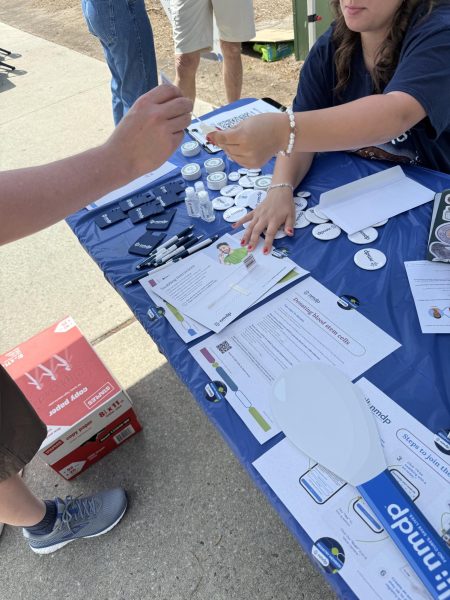UNCW administrators prepare to roll out third round of the COVID-19 virus relief
Following the federal government’s passing of a third coronavirus (COVID-19) stimulus bill earlier this month, UNC Wilmington (UNCW) received $30 million in emergency funding.
Half of this funding will be distributed to eligible students in the form of direct grants, while the other half of the money will go towards administrative costs associated with the pandemic, such as money for testing, vaccinations and personal protective equipment.
Students who are eligible to receive these grants can use the money to help cover costs associated with the costs of attending UNCW, such as housing, food, transportation or any other emergency costs brought on by the pandemic.
This round of relief is set to be the most substantial one yet, with the figure of $30 million being triple that of the other two, which both amounted to about $10 million separately.
Student Government Association President, Matt Talone and his Vice President, Sabrina Balent were both present for the meetings with UNCW administrators relating to the CARES Act.
“We have not yet established the criteria for this dispersal yet, as we are still working on the dispersal of the second round of aid,” said Talone. “I am sure that the requirements will be similar to the last rounds, if not loosened due to there being much more money.”
Relief aid from the second round started being distributed to students this February.
Current eligibility requirements for the second round of relief state that aid is reserved for students who are both currently enrolled as graduate or undergraduates at UNCW and are citizens of the United States.
There is also a need-based component that will be determined through the Free Application for Student Aid (FAFSA) information given by students for the current year. The previous two dispersals have drawn information from the previous year’s FAFSA.
According to Talone, students who meet the qualifications will have funds deposited directly onto their e-bill in the form of a refund. He also emphasized the importance of students checking their email inboxes for instructions to ensure their relief payments go through.
“There will be an email to claim the relief payments,” said Talone. “If you think, or even if you don’t think that you are qualified please just check your email. You don’t want to miss out on free money.”
According to a press release from the Internal Revenue Service (IRS), emergency grants distributed to students as a result of the coronavirus pandemic are not taxable, and should not be included in a student’s gross income calculations.











